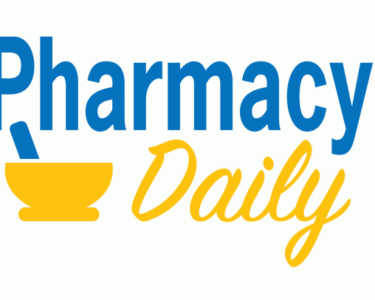WORLD-LEADING virologist from the University of Sydney, Professor Edward Holmes, has been awarded the 2025 GSK Award for Research Excellence for his pioneering use of metatranscriptomics and artificial intelligence (AI) to identify viruses, improve diagnostics, and better understand how infectious disease epidemics emerge.
Metatranscriptomics refers to the process of sequencing all genetic material in a pathology sample to distinguish human genes from viruses, bacteria and other pathogens, and determine which are active.
The approach offers a comprehensive view of infections, opening new possibilities for faster, more accurate diagnoses – the team is aiming for results within 24 hours – and in the case of novel infections, the potential for new therapeutics, such as vaccines.
When the COVID-19 outbreak occurred in Wuhan, Professor Holmes was the first to publicly release the genomic sequence of SARS-CoV-2, enabling global scientific collaboration that led to the development of diagnostic tests and vaccines, within days of its release.
The challenge with the genetic sampling approach, Professor Holmes told Pharmacy Daily, is that there is a huge amount of data that has to be analysed as quickly as possible.
“And the faster you can do it, then the faster you can intervene therapeutically,” he said.
“But there’s so much data, you need lots of really complicated computer tools to analyse it in an efficient way, so that’s where AI comes in, because it’s really efficient and it’s a rapid way of analysing the data to find known and new pathogens,” he explained.
“And if it’s a novel thing, you automatically have the genome sequence, a blueprint of the new thing, so you can design a vaccine against it – that’s the power of this.”
Working in collaboration with hospital clinicians, Professor Holmes’ team is initially looking at patients with respiratory conditions.
While he focuses on decoding genetic data, his clinical partners bring patient insights highlighting how collaboration across research and frontline care can turn innovation into real-world impact.
Dr Krispin Hajkowicz, a senior infectious diseases physician and researcher at the University of Queensland Centre for Clinical Research, said the ability to integrate this technology into hospital workflows could be “game-changing”.
“When a patient is admitted with a life-threatening infection, every hour counts,” Dr Hajkowicz said.
“This technology has the potential to give us an accurate diagnosis within hours from a single sample.
“That speed means we can make targeted treatment decisions sooner, avoid unnecessary medications, and give patients the best chance of a faster recovery.”
Professor Holmes said the $150k grant from GSK will help accelerate the refinement of the AI platform, including investment in specialised equipment to process and analyse sequencing data at speed.
“At the moment, samples go to hospital laboratory technicians for analysis, but in my mind’s eye, some years from now, they’ll be doing this in pharmacies – you’ll go in and the tests will be done over the counter,” he told Pharmacy Daily.
“It might take 20 years, but we’ll get there eventually.” KB
The post GSK prize to accelerate AI diagnostics appeared first on Pharmacy Daily.

